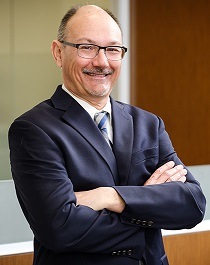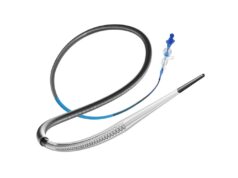
Researchers at the Feinstein Institutes for Medical Research (Manhasset, USA) have received a US$3.4 million grant from Wellcome to study repetitive transcranial magnetic stimulation (rTMS) and its effects—potentially opening the door for a new, non-pharmacological way to treat major mental health disorders like schizophrenia spectrum disorders and psychosis.
Already approved by the US Food and Drug Administration (FDA), rTMS is used to help treat people with depression and obsessive-compulsive disorder (OCD).
Now, through Wellcome’s support, Anil Malhotra (Donald and Barbara Zucker School of Medicine at Hofstra/Northwell, Uniondale, USA), co-director of the Feinstein Institutes’ Institute of Behavioral Science, will lead a new double-blind, randomised clinical trial assessing if rTMS improves social cognitive performance of people living with schizophrenia over the course of five years.
As per a press release, this is the first time the Feinstein Institutes has received funding from Wellcome—a London-based charitable foundation that focuses on funding health research.
“There is no one silver bullet to treat mental health conditions. The success and effectiveness of rTMS have shown the potential to treat critical symptoms of schizophrenia,” said Malhotra. “With the support of Wellcome, we will get a better understanding of the effectiveness of rTMS to help those with cognitive effects of illness.”
“Research into cognitive mechanisms and disorders is a pivotal step towards improving outcomes in behavioural health,” said Feinstein Institutes president and CEO Kevin J Tracey. “Through this Wellcome support, Dr Malhotra and his team are now well positioned to discover new strategies for those patients in need.”
The announcement of Malhotra and his team’s grant comes from a larger funding effort that totals more than US$16 million, the release adds.









